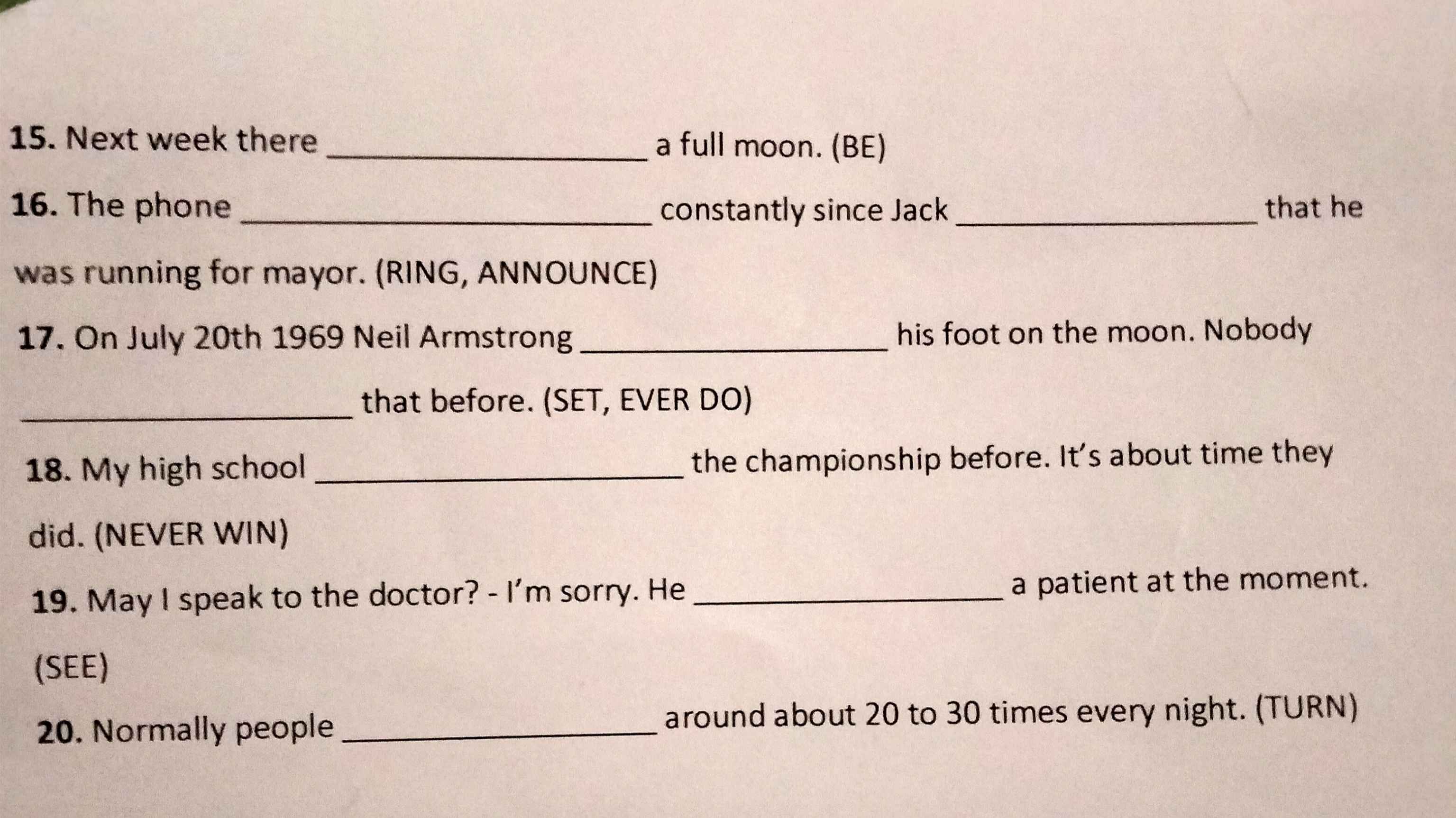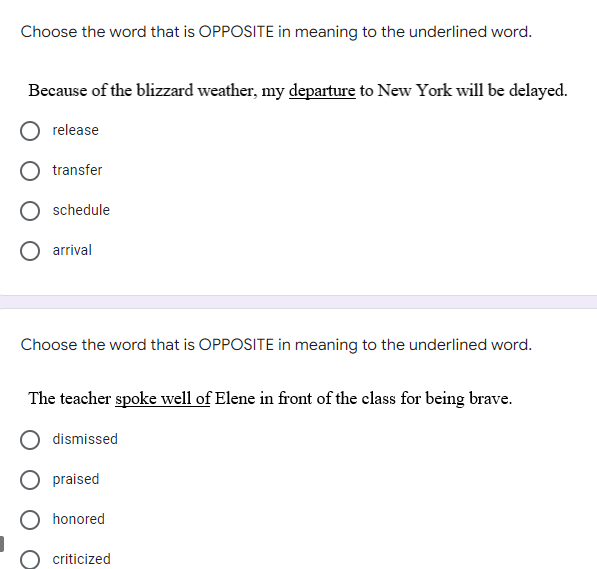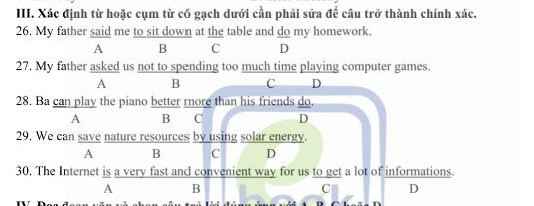
Hãy nhập câu hỏi của bạn vào đây, nếu là tài khoản VIP, bạn sẽ được ưu tiên trả lời.



As this recent infographic illustrates, the most widely used language on the internet is English, which is used on more than half of all the pages on the web. Those pages cover every style of English – business, conversational, scientific reports, news, sports, debates, local dialects and more – which makes the internet an ideal resource for interactive learning.
While access to current English books or newspapers may not be easy, you can always use the internet to find content on almost any topic. Practise your English language learning by reading books or newspaper articles, listening to the radio or podcasts and by watching streaming videos of TV and film.
You can use the internet to shape your language studies. If you’re learning English to go on holiday, for example, you can look up detailed information about the place that you’ll be visiting. Or if you’re learning English for your career, you can find out more about the sector you work in, including common words and phrases, and industry-specific terminology.
One of the biggest advantages of using the internet to support your language learning is how much it can help you understand the culture of another country. This is especially true when it comes to watching video online. Watching the news, including sports coverage, or popular TV shows can help you see the world through the eyes of another country and give you an insight into how its culture differs from your own.
But perhaps the most exciting opportunity that the internet presents English language learners is the ability to communicate in real-time with native speakers. Using video calling, instant messaging and online forums means you can join in live conversations and debate – a superb way to practise your spoken and written English.
And, as anyone who has ever made an error when posting a comment on a blog will tell you, there are always lots of people willing to help you correct your grammar!

As this recent infographic illustrates, the most widely used language on the internet is English, which is used on more than half of all the pages on the web. Those pages cover every style of English – business, conversational, scientific reports, news, sports, debates, local dialects and more – which makes the internet an ideal resource for interactive learning.
While access to current English books or newspapers may not be easy, you can always use the internet to find content on almost any topic. Practise your English language learning by reading books or newspaper articles, listening to the radio or podcasts and by watching streaming videos of TV and film.
You can use the internet to shape your language studies. If you’re learning English to go on holiday, for example, you can look up detailed information about the place that you’ll be visiting. Or if you’re learning English for your career, you can find out more about the sector you work in, including common words and phrases, and industry-specific terminology.
One of the biggest advantages of using the internet to support your language learning is how much it can help you understand the culture of another country. This is especially true when it comes to watching video online. Watching the news, including sports coverage, or popular TV shows can help you see the world through the eyes of another country and give you an insight into how its culture differs from your own.
But perhaps the most exciting opportunity that the internet presents English language learners is the ability to communicate in real-time with native speakers. Using video calling, instant messaging and online forums means you can join in live conversations and debate – a superb way to practise your spoken and written English.
And, as anyone who has ever made an error when posting a comment on a blog will tell you, there are always lots of people willing to help you correct your grammar!

Type the correct form of the verb into the blank:
care grow look make put run set switch
- What time did Julie and Dave set off (set off: khởi hành)?
- Where did you grow up (grow up: lớn lên)?
- Will you look up the doctor's number in the phone book (look sth up: tìm 1 thông tin gì đó)?

- Don't forget to switch the heating off (switch sth on/off: bật/tắt công tắc) when you go out.

- We ran into Pete (run into sb: tình cờ gặp ai đó) at the supermarket yesterday.

- Millie's parents care for her children (care for sb: chăm sóc) while she's at work.

- I'm leaving - I can't put up with (put up with: chịu đựng) this situation any longer.

- Charlie still hasn't made his mind up (make up one's mind: quyết định) about which laptop to buy.

 Bạn cho mình hỏi "trò chơi kéo co " được viết bằng tiếng anh như thế nào không ???
Bạn cho mình hỏi "trò chơi kéo co " được viết bằng tiếng anh như thế nào không ???![]()







 Giúp mình nha !!!
Giúp mình nha !!! 


1 will be
2 has rung - announced
3 set - had ever done
4 have never won
5 is seeing
6 turn